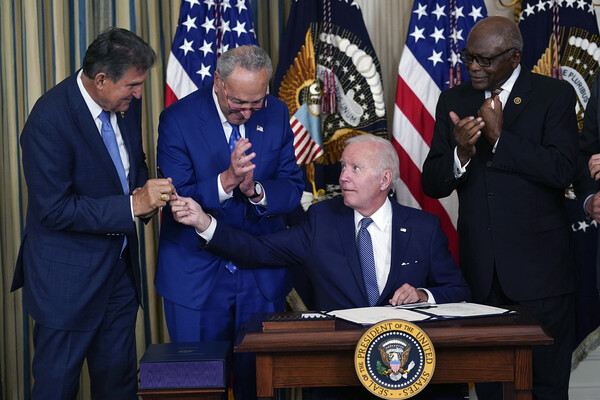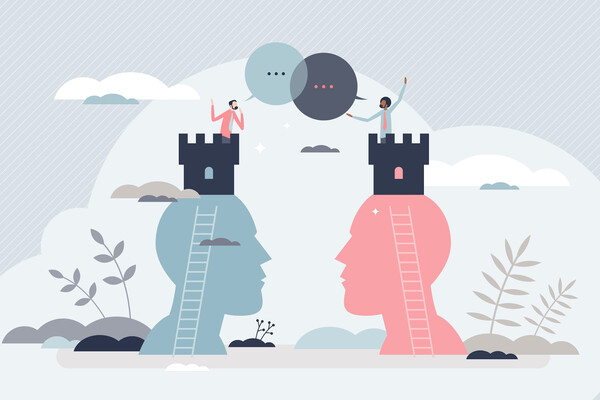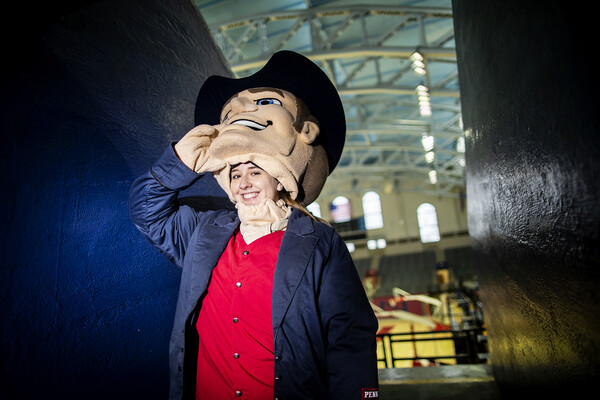
A portrait of Queen Elizabeth II sits amidst floral tributes and notes outside the gates of Windsor Castle in Windsor, England, Friday, Sept. 9, 2022. Queen Elizabeth II, Britain's longest-reigning monarch died on Sept. 8 after 70 years on the throne. She was 96. (Image: AP Photo/Frank Augstein)
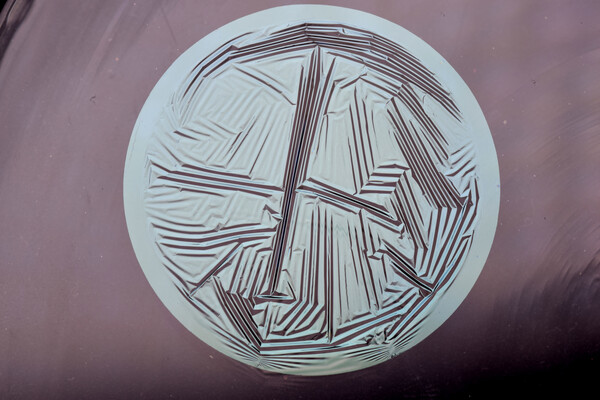
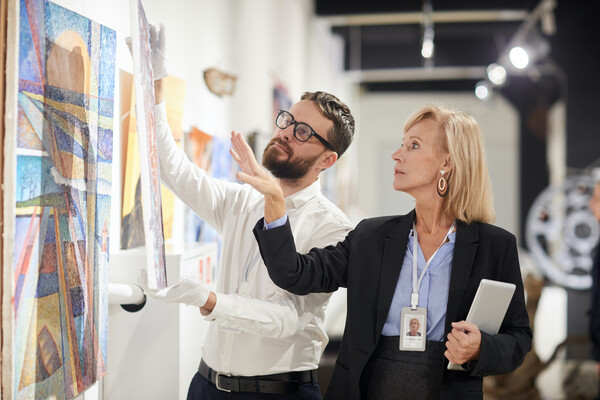
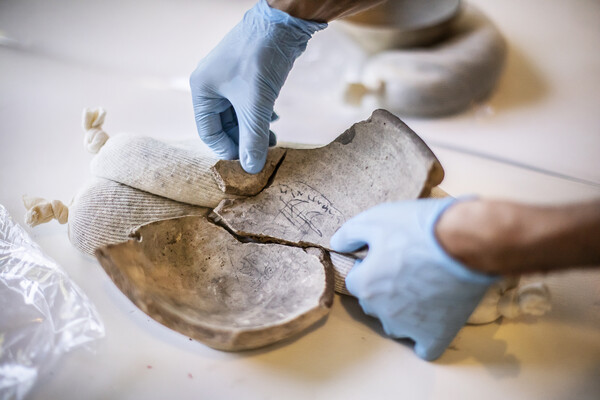
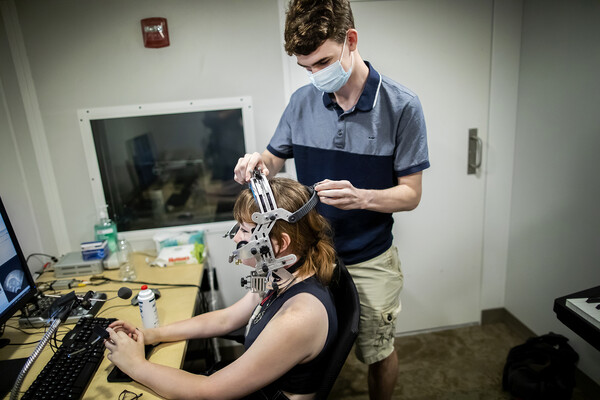
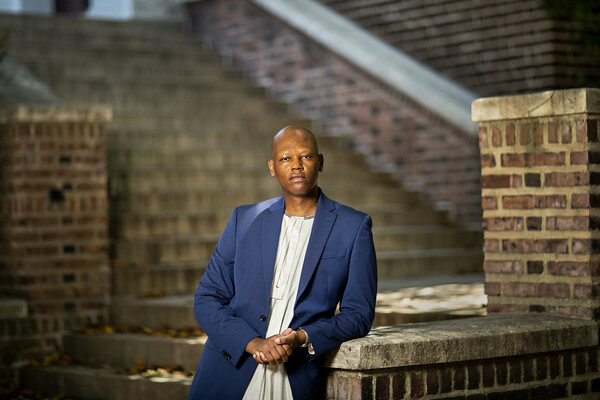 Kimeze “Dickson” Teketwe is a master’s student in the International Education Development program at the Graduate School of Education. He is also a graduate fellow in the Center for Africana Studies and lecturer in the Penn Language Center in the School of Arts & Sciences.
Kimeze “Dickson” Teketwe is a master’s student in the International Education Development program at the Graduate School of Education. He is also a graduate fellow in the Center for Africana Studies and lecturer in the Penn Language Center in the School of Arts & Sciences.
